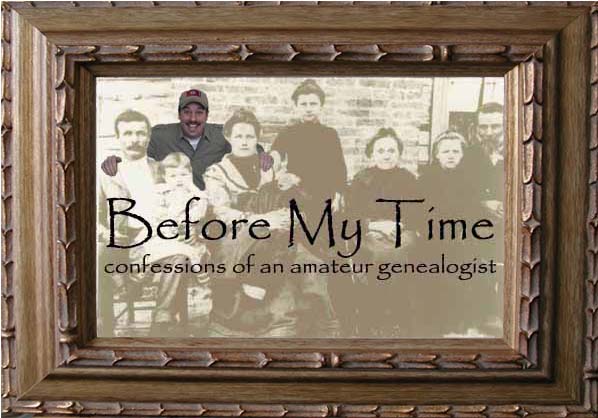Would you rather someone say you were “great” or that you were “grand”? This isn’t a trick question and I’m not trying to make a fat joke.
When stating someone’s relationship to you, you have to be very careful to be clear. But, like much of the English language, there are several ways of stating a relationship.
For instance, my grandfather’s brother would be my great-uncle. But I could also call him my granduncle. Conversely, he could refer to me as his grandnephew. I don’t think I’ve ever heard anybody use the prefix “grand” before uncle, aunt, nephew or niece but apparently you can - and is, in fact, the technically correct way of stating such relationships.
I have to admit that I like this – not only because it cuts down on having to add an extra “great” onto that great-great-great-granduncle but also because it keeps him on the same level (and number of “greats”) as the great-great-great-grandfather and thus making it easier to keep track of what generation he belongs to.
I guess you don’t have to choose between being “great” or “grand.” You get them both with time. You start off being just a plain, run-of-the-mill parent. Then you become a grandparent. Then, if you live long enough, you’re a great and grandparent.
Maybe we can export this to other conversational phrases. I hope you have a grand day tomorrow. And I hope the next day is a great-grandday!
Subscribe to:
Post Comments (Atom)


No comments:
Post a Comment